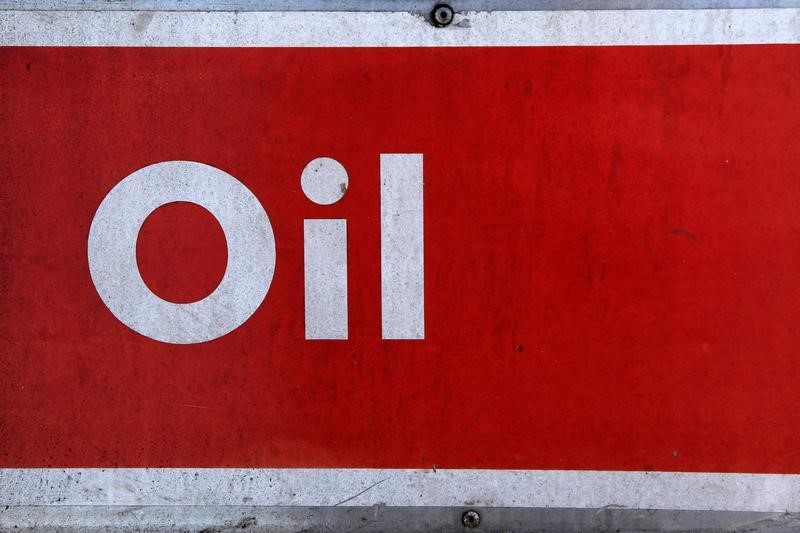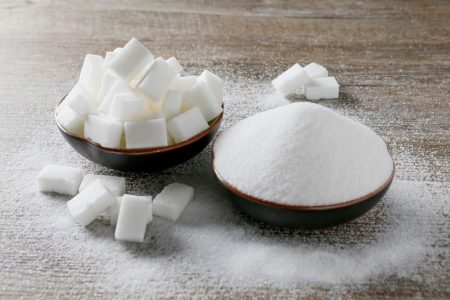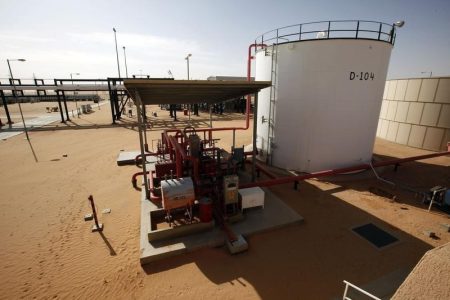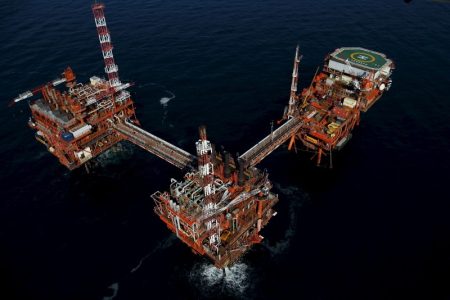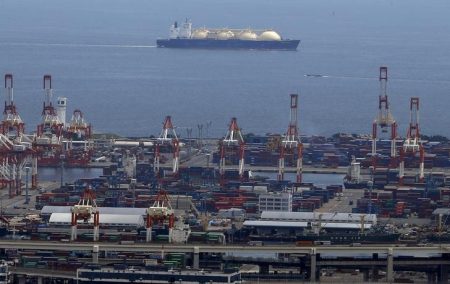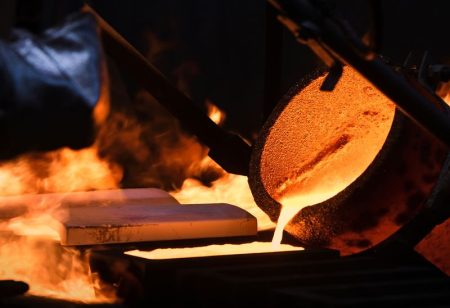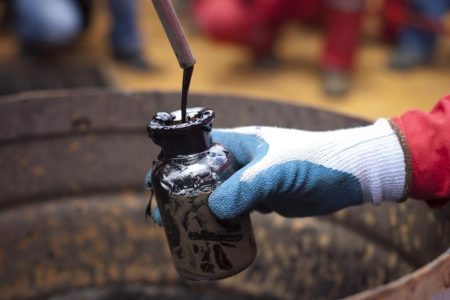MOSCOW (Reuters) – Russia’s hasty restoration of a “damper” subsidy for oil refiners will not only cost the state budget 400 billion roubles ($4.3 billion) in subsidies this year, but also a one-off 350 billion roubles in taxes, Reuters calculations show.
The outcome shows the difficulty, five months before a presidential election, of trying to finance the soaring cost of war in Ukraine while also attempting to subsidise fuel for a population and industry struggling with soaring inflation.
Russia halved the “damper” in September.
But refiners began exporting more, encouraged also by the weakness of the rouble, causing shortages of diesel and gasoline and driving up domestic wholesale prices, unnerving the agriculture sector in particular, and prompting the government to ban most fuel exports.
In an attempt to restore order, the government is restoring the damper, backdated to Oct. 1.
Ordinarily, the change in the damper payment formula would also boost the government’s income from the Mineral Extraction Tax by 350 billion roubles between October and December, or over 1.1% of budgeted annual expenditure. Last year, oil and gas revenues accounted for 42% of budget income.
However, the tax change requires legislation that cannot come into force until Jan. 1, and Russian law prevents tax demands being backdated, thus causing the loss.
Defence spending will account for almost one-third of Russia’s total budget expenditure in 2024, government plans show, as Moscow diverts ever more resources towards prosecuting its war in Ukraine.
Meanwhile the Bank of Russia hiked interest rates by 200 basis points to 15% on Friday in response to a weak rouble, stubborn inflation – set to exceed 7% by the end of the year – and rising budget spending.
Russia plans to ramp up state borrowing to help fund what it calls its “special military operation” in Ukraine in the coming years, and is counting on a recovery in oil and gas revenues to pre-invasion levels to do so.
($1 = 93.1080 roubles)
Read the full article here





